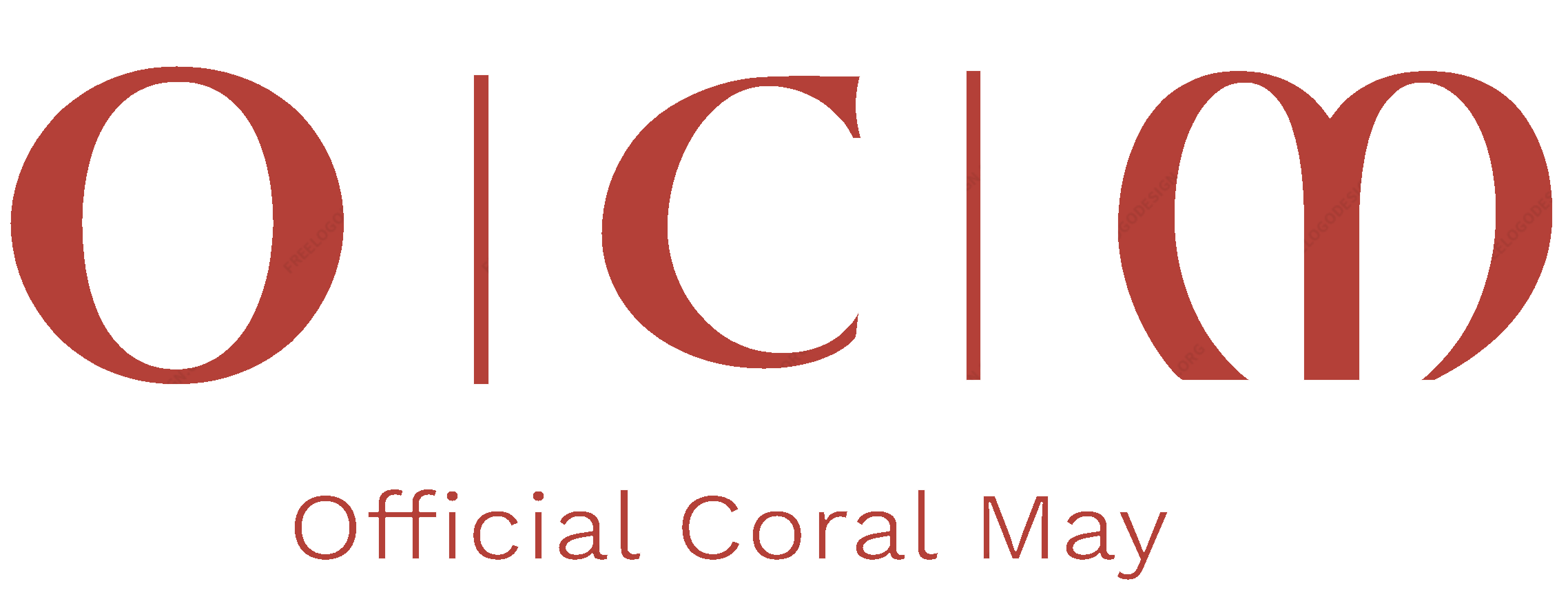
Understanding the Role of a Notary Public and How to Find One
A notary public serves as an impartial witness to the execution of legal documents such as deeds, estates, licenses, powers of attorney, affidavits, and trusts.
A notary’s primary role is to determine that the person signing the document knows what they are doing, understands what they are signing, and voluntarily consents to the transaction.
Qualifications
A notary public is a state-certified individual who witnesses and verifies the signing of official documents. These include mortgage agreements, bank transactions, and wills.
The qualifications for becoming a notary public vary by state. Some require applicants to pass an examination.
In New York, court clerks employed by the unified court system or attorneys and counselors at law properly admitted to practice in New York are exempt from this examination.
In most states, a notary public must be able to read and write English. They may also be required to undergo a background check.
Locations
Notaries are state government-appointed witnesses who verify the authenticity of documents such as real estate deeds, titles, and wills. It prevents fraud and establishes legitimacy during official document signings.
Many banks and other financial institutions have a notary public on staff. These notaries may offer fee-free services to account holders.
A notary can also be found at courthouses. When visiting one of these places, have a current, government-issued photo ID with you.
You can also find a notary online, through a website or mobile app. You can search for a notary public by name, zip code, city, and county.
Fees
Various legal documents, such as property deeds or mortgage closings, require the signature of a notary public to have legal effect. The notary must ensure the validity and truthfulness of the information on a document.
If you need a notary for legal purposes, there are several ways to find one. For example, many financial services firms, such as credit unions, banks, thrifts, tax preparation firms, real estate companies, and insurance company offices, commonly have notaries on staff and provide them at no charge.
Different places that frequently have notaries on staff include law offices and local clerks of court offices. If you’re looking for a notary public who charges a fee, research your options carefully and compare prices from different notaries before making a final decision. Another typical expense that may mount up rapidly is travel costs, so be sure to account for them in your calculations.
Insurance
As a notary public, you are commissioned by the state to serve as an impartial witness to verify and authenticate documents. Includes verifying the identity of document signers and witnessing their signatures on essential documents.
Fortunately, many business insurance policies can address the risks you face as a notary public. These include general liability, business owners’ policies (BOPs), workers’ compensation, errors and omissions (E&O), and cyber insurance.
A notary who makes a mistake could be sued and face serious financial consequences. It is often the case for small businesses, which may incur significant legal costs due to a lawsuit.
Get a notary public insurance policy today to protect yourself from these financial risks. These policies will cover you if you make a mistake, a client sues you, or you are hit with other unexpected costs. This coverage can help you stay in business and keep your reputation intact.





